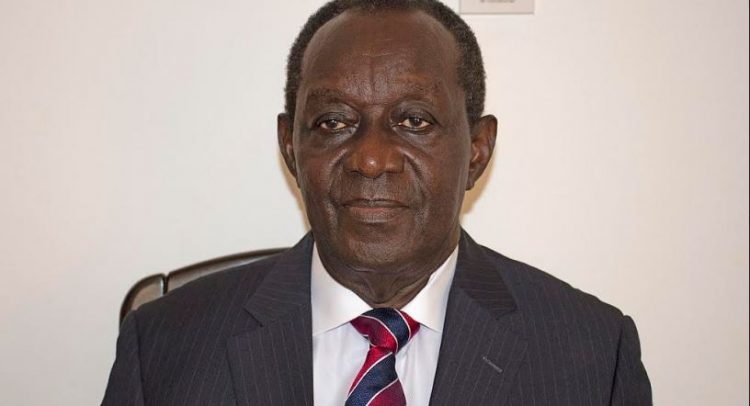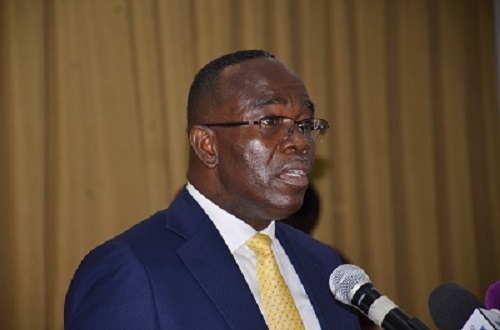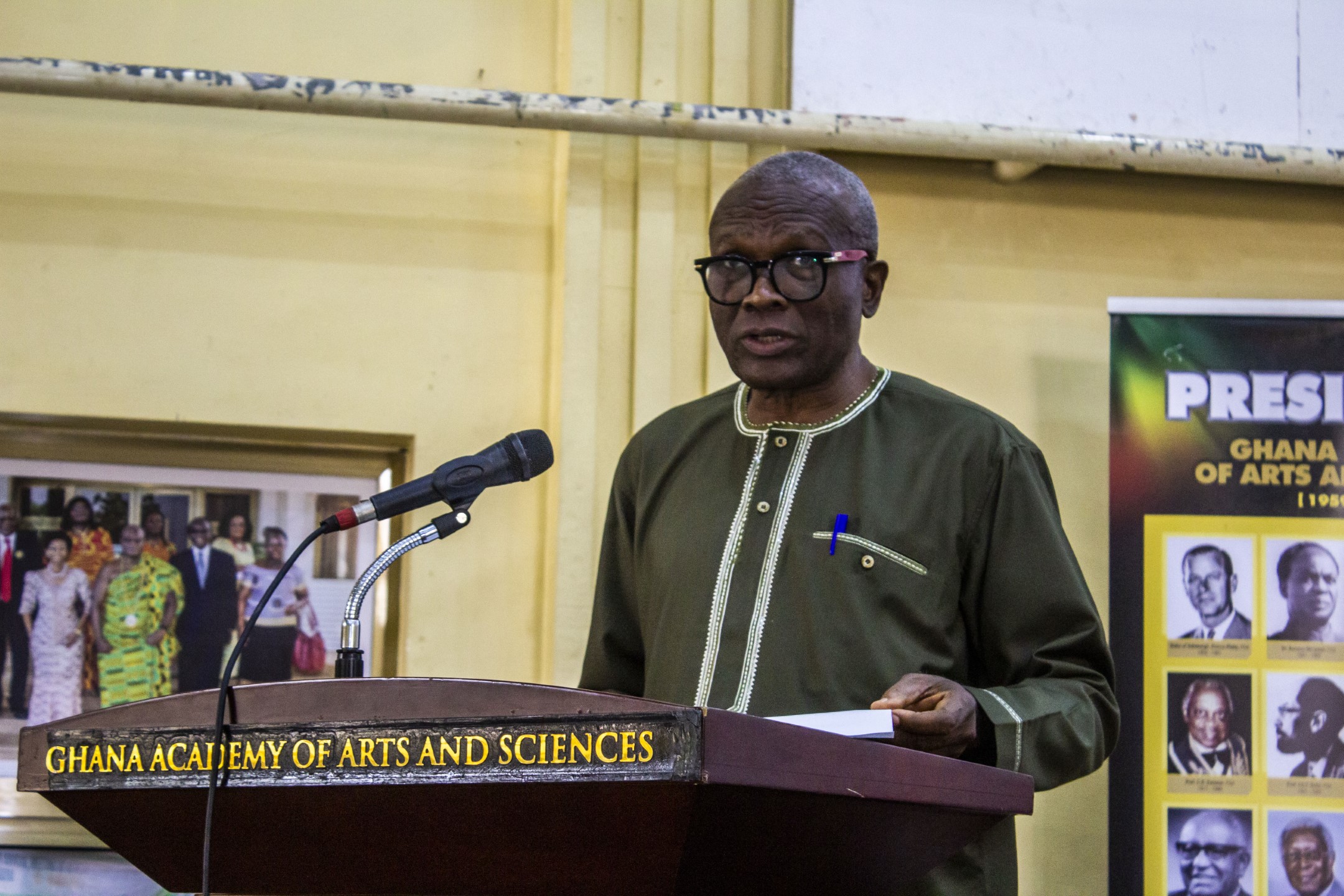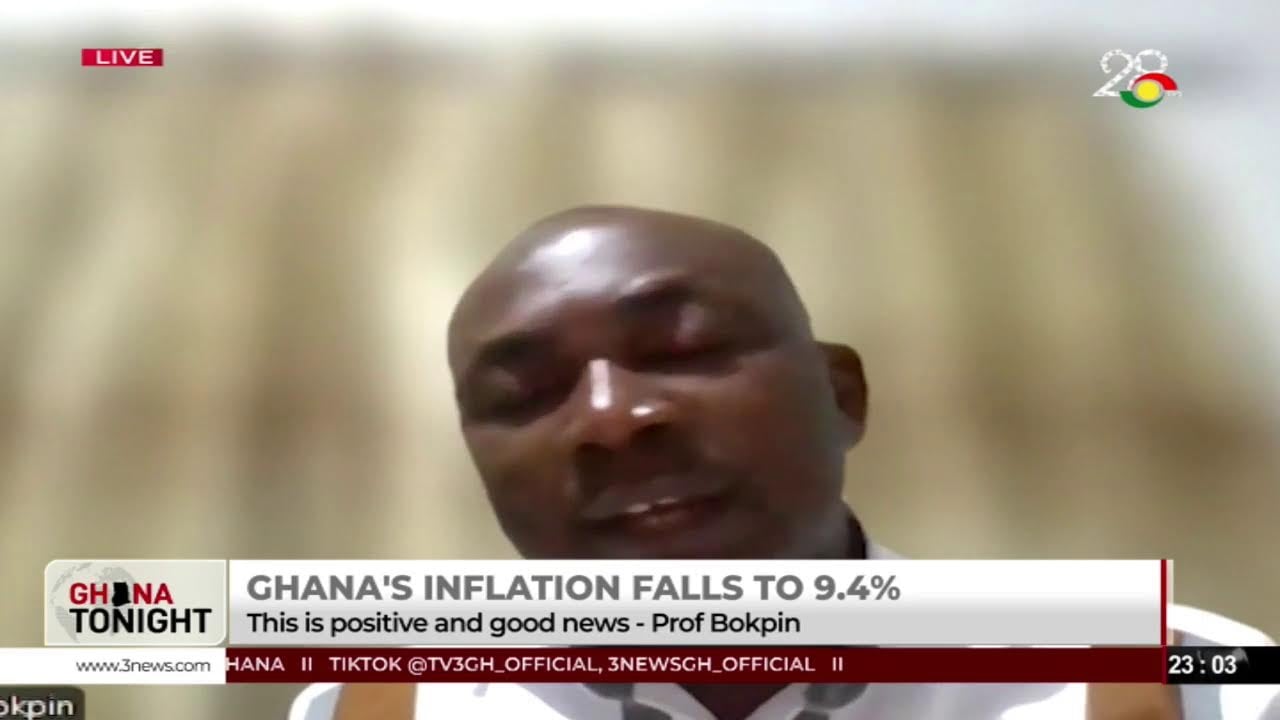
The Public Services Commission has advised public and civil servants desiring to partake actively in political activities to resign before taking steps to realise their ambition.
A letter signed in Accra on August 8 this year by Janet Ampadu Fofie, Chairman of the Commission and copied governing Boards and Councils of public agencies and organisations asked the Boards and Councils to take all the necessary steps to ensure adherence and compliance with the directive as election 2020 approaches.
The directive, it said, was in accordance with Article 284 of the Constitution, which provides that "a public officer shall not put himself/herself in a position where his personal interest conflicts or is likely to conflict with the performance of the functions of his office."
In furtherance of that, the letter added that, no public officer could function as an agent for or work in the interest of a political part or openly support a political party or candidate in need of action.
The statement explained that, the exercise of their constitutional rights to join a political party or associate with any group of their choice was likely to conflict with the performance of functions as a public officer.
It will be recalled that the Supreme Court in July 2015, ruled that public servants could contest for any political office.
The seven-member panel, however, said that civil servants cannot hold political positions as stipulated in the Civil Service Act.
The two main defendants, Chairman of the National Democratic Congress (NDC) Efutu Constituency in the Central Region, Lawrence Lamptey and Chief Technical Officer at the Ghana Highways Authority, Ernestina Yawson were dragged to court in a writ filed by a citizen, Kwadjoga Adra.
The plaintiff, backed by his lawyer, Alexander Afenyo-Markin, Member of Parliament (MP) of Effutu, filed the motion at the Supreme Court to stop the two staff from holding positions in the National Democratic Congress in the Effutu Constituency, whiles serving in their respective public offices.
The plaintiff argued that this constituted a violation of the Civil Service Act, which forbids civil servants from holding political office.
The Supreme Court ruled against it saying the two defendants were not civil servants and could go ahead to contest for any position in any political party in the country.
Read Full Story

















Facebook
Twitter
Pinterest
Instagram
Google+
YouTube
LinkedIn
RSS